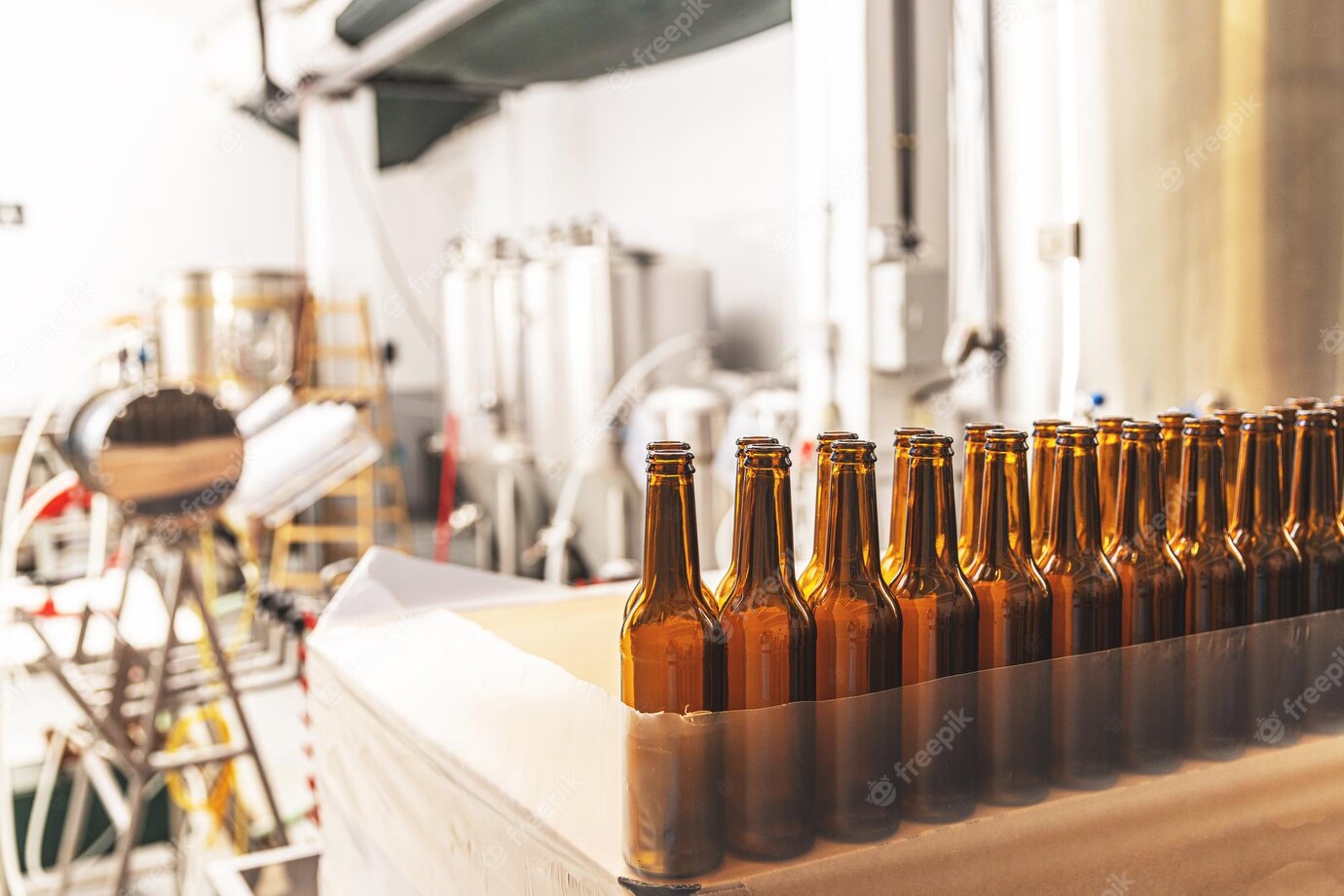Unlock the secrets of brewing the perfect fruit beer! Read our tips & tricks now!
Are you interested in making your own unique fruity beer? Brewing fruit beers at home can be an exciting and rewarding experience. With a few insider tips and tricks, you can make all the flavors of your favorite seasonal fruits come alive. This informational article will provide you with the strategies and techniques you need to craft delicious fruit beers right in your own home.
Brewing Fruit Beers: Tips and Tricks
Brewing fruit beers can be a tricky proposition for even experienced homebrewers. But don’t let the complexity discourage you; it’s worth the effort for the delicious and interesting beers you can create. Here are some tips and tricks you can use to get a great tasting fruit beer.
Ingredients
The first step to brewing a fruit beer is to choose the right ingredients. Picking a quality fruit will make a world of difference in the final product. Do some research to identify the right fruit and how much of it you will need. For instance, two ounces of cherries in a five-gallon batch is often too overwhelming. However, with the right techniques and recipes, you can make delicious fruit beers with just a small amount of fruit.
It’s also important to choose the right base malt for the beer. A light, slightly sweet malt is often a good choice as it can help to enhance the flavor of the fruit without overpowering it. A good base malt for a fruit beer is usually a pale malt.
Brewing Techniques
When it comes to brewing a fruit beer, there are a few techniques you should be aware of. The most important one is to avoid over-boiling the wort. Boiling the wort for too long will extract too much bitterness from the hops, which won’t be offset by the fruit. The result is a bitter beer that doesn’t taste good.
If you’re using fresh fruit, you should add it to the beer at the end of the boil. This will ensure that the flavor of the fruit is not boiled off. If you’re using frozen or canned fruit, you can add it to the boil, but you may need to reduce the boil time to compensate for the added sweetness of the fruit.
Another important technique is to avoid using too much yeast. Yeast can overpower the delicate flavors of the fruit and make the beer taste overly sweet. The right amount of yeast will help bring out the subtler flavors of the fruit.
Finally, it’s important to make sure the beer is given enough time to ferment and mature. When brewing a fruit beer, it’s best to give the beer extra time to let the flavors marry together. This can take several weeks or even months, depending on the beer.
Tips for Bottling and Storing
In addition to the brewing techniques, it’s also important to properly bottle and store your beer. Here are some tips for bottling and storing your fruit beer:
- Always use new, clean bottles when bottling your beer.
- Let the beer age for at least two weeks before drinking.
- Store the beer in a cool, dark place.
- To ensure carbonation, always add priming sugar to the beer.
- Avoid exposing the beer to direct sunlight or extreme temperatures.
Analyzing the Beer
Once the beer is ready to drink, it’s important to analyze it to ensure it tastes good. To properly evaluate a beer, it’s best to use the following criteria:
- Color: Is the beer a good color for the style and does it have a good depth of color?
- Aroma: Does the beer have a pleasant aroma and does it have the aromas of the particular fruit you used?
- Taste: Does the beer have a balanced flavor and is the fruit flavor present but not overpowering?
- Mouthfeel: Is the beer smooth and refreshing?
- Finish: Does the beer finish clean and is there enough residual sweetness?
If the beer meets all of these criteria, then you can be sure you’ve created a great beer. Don’t be afraid to experiment and tweak your recipes. You may be surprised at the delicious and interesting beers you can produce.
Conclusion
Brewing fruit beers can be a fun and rewarding experience for homebrewers. With the right techniques and recipes, you can make delicious and unique beers. Use the tips in this article and don’t be afraid to experiment in

